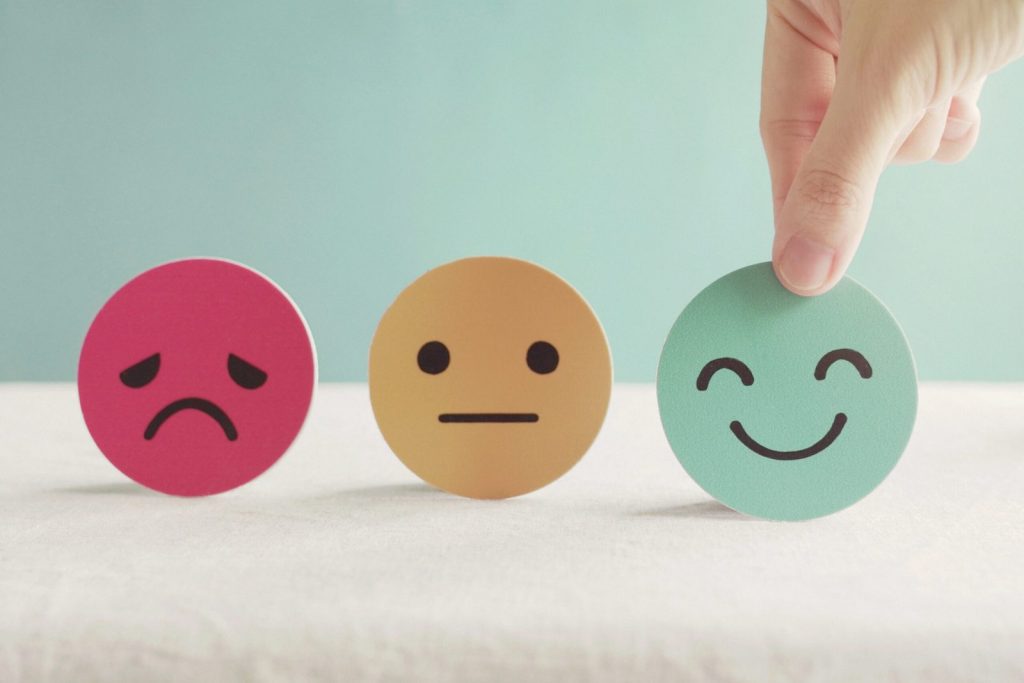
Recently, more people have suffered from mental health issues; the right digital strategy can help mental health and telehealth marketing help more patients.
In the United States, past studies have suggested that almost 20 percent of adults coped with some form of mental illness. During the recent coronavirus pandemic, the CDC doubled that figure when they reported that 40 percent of American adults said they recently struggled with mental illness or substance abuse — and sometimes, both.
This crisis only increased the need for mental health professionals to reach out to patients with their beneficial services. Some telepsychiatry and other mental health services had engaged in both online marketing and services in the past. Pandemic-related social distancing has increased the urgency for providers to use technology to connect with and serve more patients.
Telehealth helps providers reach more patients by allowing people to login from their home or office computer. At the same time, the right telehealth marketing tactics will help mental health professionals find more people who need their help.
How a mental healthcare marketing agency can help practices reach out online
Pew Research found that four out of five Americans get online each day. Over 28 percent of these people say they’re almost always connected to the internet through their computers and mobile devices. Most of the rest say they login to the internet several times a day.
Thus, the web provides one of the best ways to strengthen all sorts of health and wellness marketing. Not only can the right mix of digital marketing find a large audience, it’s also possible to provide people with the information they need 24 hours a day and seven days a week. Of course, it’s likely that people who seek telehealth already feel comfortable with getting online.
Consider some examples of the kinds of in-person or telehealth marketing tactics that will introduce mental health professionals to more people that they can help:
- Content: Good content can educate people about relevant topics, introduce them to a provider’s practice, and help build authority. Examples of kind of content might include blog articles, social media posts, or even uploads to video channels. For an example of a psychologist with engaging and topical mental health videos, see Dr. Grande on YouTube.
- Social media pages: Not only will social media pages help distribute content, they can also give a mental health practice a way to connect with a wider audience and display that all-important social proof. Social proof refers to the idea that people tend to accept the ideas of those they can relate to or admire, which can prove important in engaging potential clients.
- Email and text subscriptions: Health and wellness marketing can use email and/or text subscriptions to send out newsletters, alert subscribers to new content, and promote additional services. Subscriptions keep prospects connected and can serve as valuable leads.
- Search engine optimization: Search engine optimization, usually called SEO, helps make websites and other online platforms easier for people to find when they search online. Even a decade ago, NBC reported that most adults began looking for mental health information online, and the number of internet searches has grown rapidly since them.
- Paid ads: Search engines, social media sites, and other media platforms offer paid search engines. It takes time to gain a good position with social media, content, subscriptions, and SEO. Paid ads can produce faster results. Today’s advertising platforms allow a mental health marketing agency to target their ads to reach an audience with a likely interest in their services.
How online mental health and wellness marketing benefits patients and providers
Obviously, mental health providers offer services that help people cope with mental illness. In turn, digital marketing can ensure that these providers reach the people that need the help. At the same time, digital marketing gives mental health providers a chance to increase their own business. In particular these days, reaching as many people as possible only makes sense as good business and good medicine.



